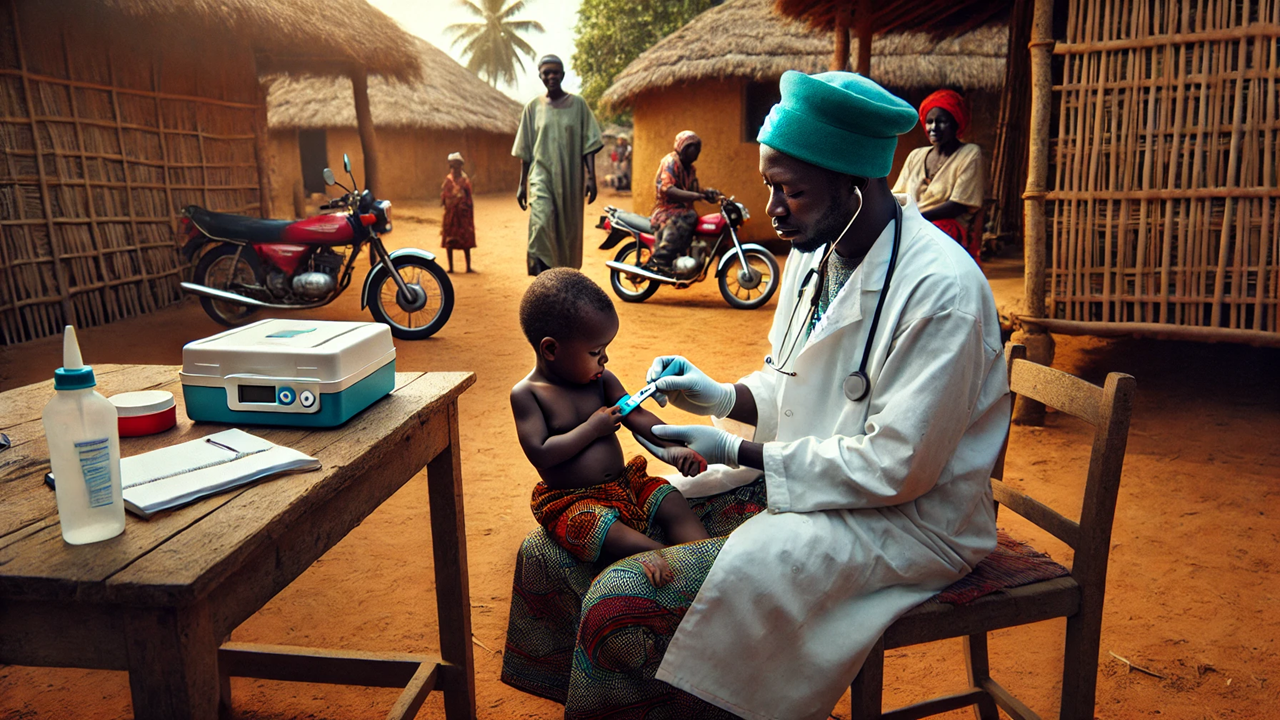Chile must align its constitution with international human rights standards to fully ensure the right to health for all its citizens, according to a UN expert’s report following an official visit to the country. Tlaleng Mofokeng, the UN Special Rapporteur on the right to health, emphasized that health must be treated as a fundamental right rather than a business, and urged Chile to prioritize health funding and equitable resource allocation across the sector.
In her statement, Mofokeng recognized the government’s efforts to address various healthcare challenges, including mental health, sexual and reproductive health, and disparities between public and private health services. However, she expressed concern over the prevailing sentiment that health care in Chile is seen more as a profit-driven business than a human right. “I repeatedly heard the worrying sentiment that ‘in Chile, health is not a right, but a business’,” Mofokeng noted. The expert highlighted that powerful vested interests in the health sector often operate without sufficient human rights safeguards, exacerbating inequality in healthcare access.
Healthcare Access and Delays
A key issue identified during the visit was the long waiting times for health services, with millions of Chileans facing significant delays in diagnoses, treatments, and medical investigations. Healthcare professionals reported unsustainable workloads and stress, which have been further compounded by public frustration due to these delays. Mofokeng called on the government to take action to improve healthcare accessibility and streamline service delivery.
Abortion Law Reforms Urged
Mofokeng also raised concerns over Chile’s restrictive abortion laws, which only permit voluntary termination in cases of maternal life risk, fetal unviability, or pregnancies resulting from rape. She criticized the provision allowing healthcare providers to refuse to perform abortions on the grounds of conscientious objection, and the practice of granting “Conscientious Objector Status” to entire hospitals, which in effect denies access to abortion services. The expert urged Congress to amend the law to ensure more comprehensive reproductive rights for women.
Progress in Work Environment Policies
Despite these challenges, Mofokeng acknowledged Chile’s positive steps toward improving health policies. Notable advancements included the ratification of the International Labour Organization’s Convention 190 on workplace violence, and the creation of Karin’s Law, which promotes healthy work environments. Mofokeng highlighted the dedication of healthcare workers, especially after visiting La Posta Central, Santiago’s largest emergency trauma center, where the 24/7 childcare service for staff was noted as a positive step in supporting healthcare workers.
Indigenous Healthcare Integration
During her visit to Temuco, Mofokeng visited the Makewe Hospital, administered by the Mapuche community, which integrates traditional healing practices with Western medicine. She praised the hospital’s holistic approach, which incorporates both modern medical techniques and the cultural wisdom of machis, traditional healers, demonstrating the value of indigenous knowledge in healthcare. Mofokeng shared stories of improved health outcomes for patients who received both physical and spiritual care.
Environmental Health Crisis in Quintero-Puchuncavi
Mofokeng also visited the Quintero-Puchuncavi region, a community severely impacted by industrial pollution, particularly from petrochemical plants and mining. She called for stronger accountability measures for corporations causing environmental damage and urged authorities to provide reparations to residents living in these “sacrifice zones,” where human health and dignity are sacrificed for corporate profit.
Mental Health Challenges and Needs
Mental health care emerged as a critical concern during Mofokeng’s visit. The rising demand for mental health services, particularly due to intergenerational trauma from Chile’s dictatorship, the militarization of Indigenous lands, and injuries sustained during the 2019 social unrest, was noted as an ongoing challenge. Mofokeng called for increased psycho-social support, the expansion of community-based psychiatric services, and more training for mental health professionals to support early intervention and treatment.
Chile’s Path Forward
In her concluding remarks, Mofokeng stated that Chile is on the verge of achieving more equitable access to healthcare and the full realization of the right to health for all. She called for collective action from all stakeholders—government, civil society, and the private sector—to build on recent policy advancements and ensure comprehensive reforms.
“Chile has the opportunity to transition from the trauma of its past to a future where the health and dignity of all its citizens are fully realized,” Mofokeng concluded.











